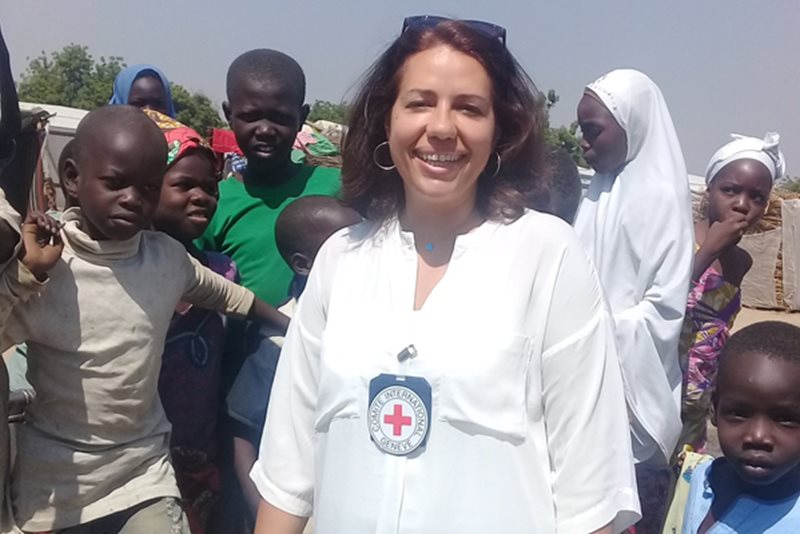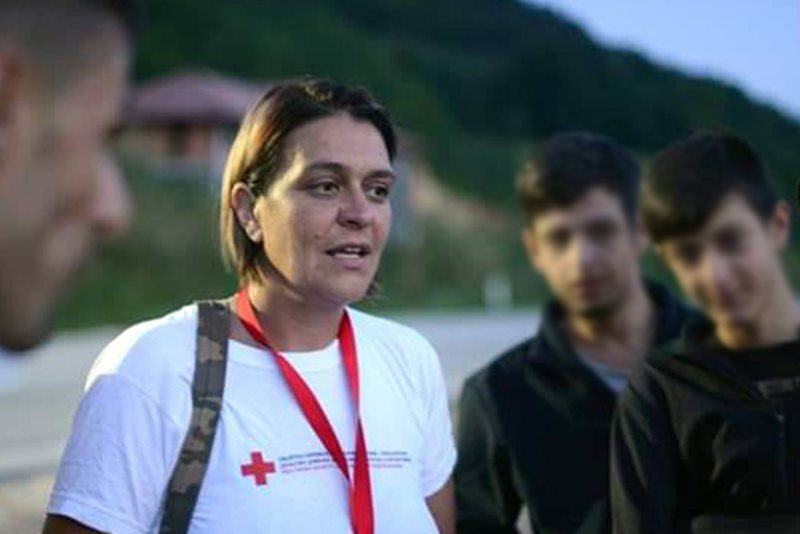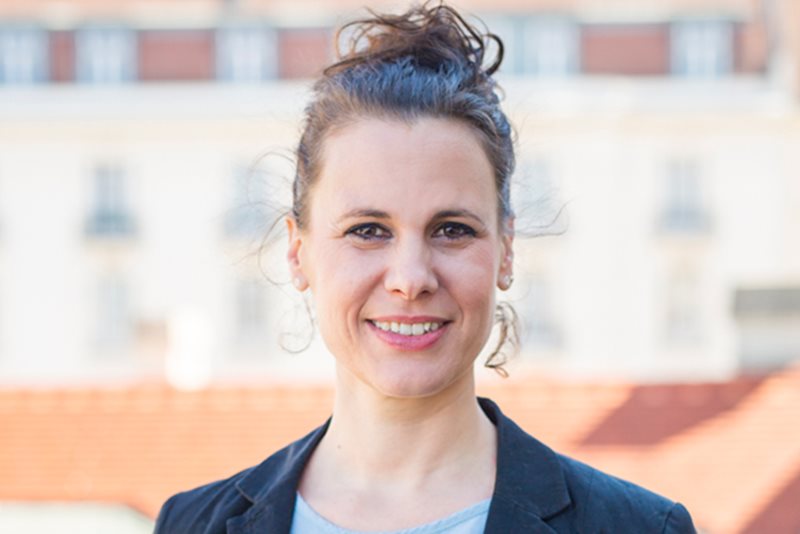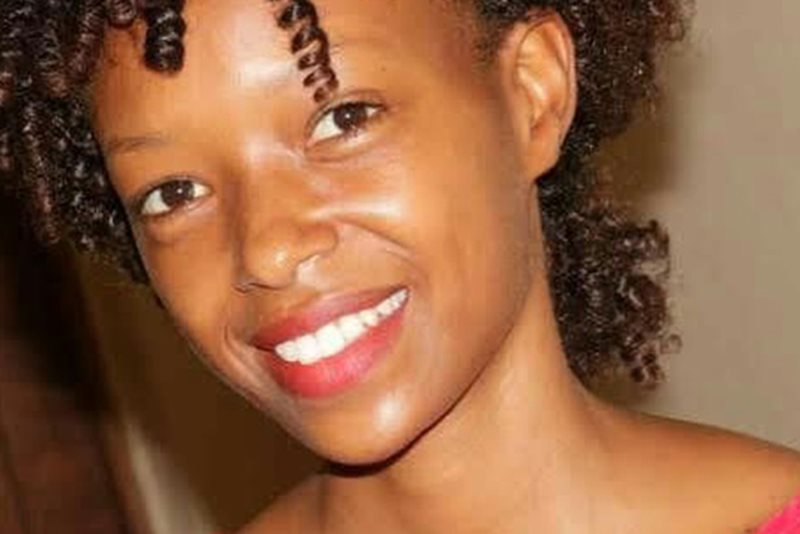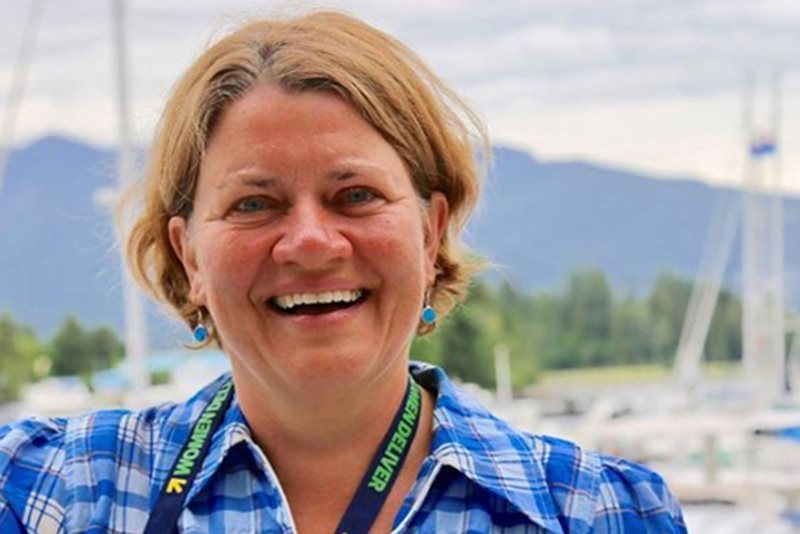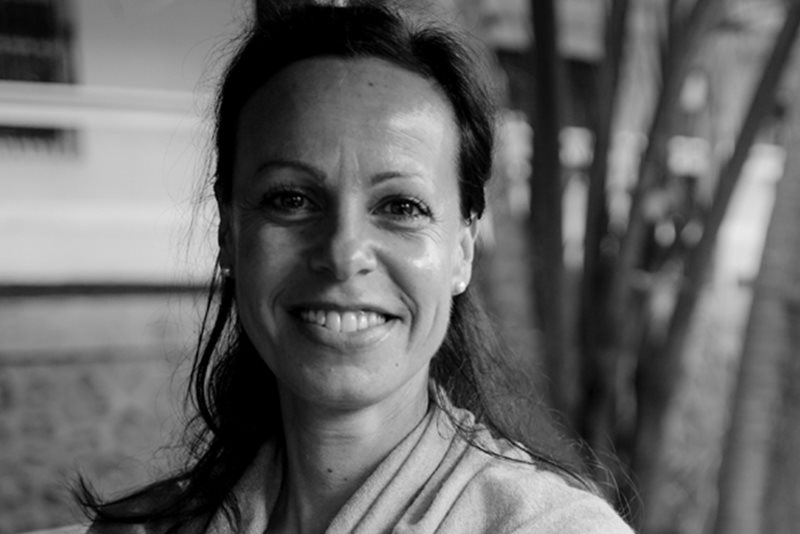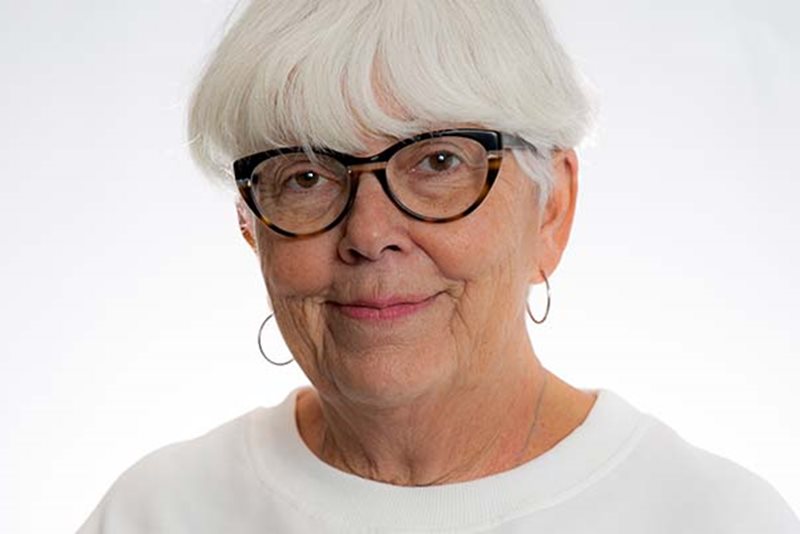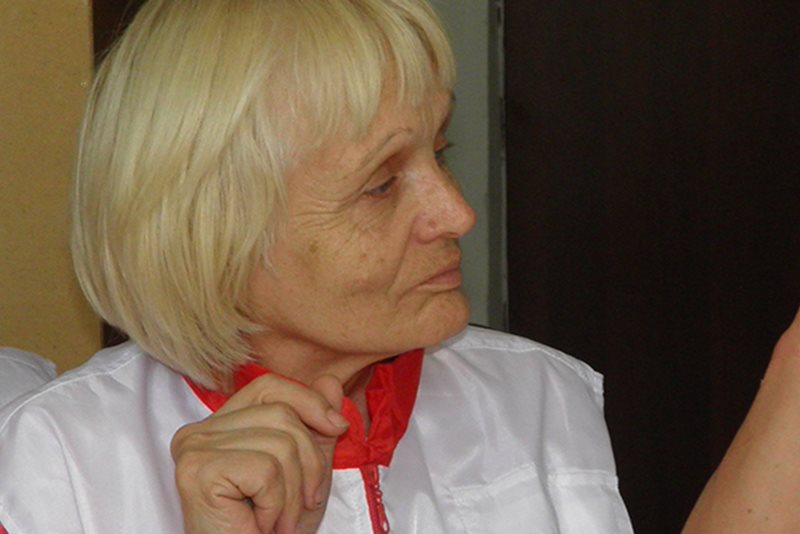

”I started my journey with the Movement as a volunteer in Quebec as First Aid instructor. I had a friend who worked in First Aid there who encouraged me to join. I was then selected as ambassador for the ban on landmines in Canada. I had always been interested in international development because I had majored in political science and international humanitarian law and had studied the work of the RCRC. What I really liked about our field of work is that we could do different things and that we are not confined to one field. I have worked in 30 countries with different National Societies and in different fields. I have worked in Protection, National Society Development, Weapon Contamination, Management and Leadership, Operations, and as First Aid instructor. It was very broad in terms of experience and opportunities. I liked that.
The Movement has deeply impacted my life. I met my husband and best friends while working in the Movement. Being in the Movement constitutes 30 years of my life and some of the missions I was involved in have left a permanent mark on my life. For example, the Middle East is very close to my heart where I spent years in Palestine, Yemen, Syria, Lebanon. That part of the world is very close to my heart. I experienced many different things there - I was there when it was peaceful, and I was also there when there was conflict. The people I met there gave me a transformative experience. Another profound experience I had was while I was working for ICRC where I had the privilege of leading the Protection team for family reunification in the North of Liberia. A lot of children were displaced, their parents had died, and they were taken into refugee camps in the neighbouring countries. This was very transformative for me because my team and I reunited 600 children with their families over a period of 1 year. It was intense. I was visiting children in prisons, juveniles who had been child soldiers. One of the books I wrote talks about my experience in Liberia. I like to write and the book is the legacy I would like to leave in this world.
– Violaine Des Rosiers, IFRC”I have found that men and women lead differently because we think differently and act differently”
When I was first deployed to Ukraine in my current position, the environment was mostly male dominated. Many of them came with their own apprehensions and biases, without really taking the time to think about their role. In my experience, I have found that men and women lead differently because we think differently and act differently. Women leaders care more about building healthy relationships and fostering a two-way dialogue with others while truly caring about their needs. In certain deployments, I found that the men before me had not put in enough effort to build a strong relationship with the National Society.
Another thing that left an impact on me is that I was once told that I cared too much. This was very shocking to me and while discussing it with my friends, I realised I was not the only oneto hear this from a man. It seems that many men disconnect while leading and do not engage emotionally. Having said that, I do think the downside is we, as women, are much more prone to burnout and we do not really prioritise our self-care, which can lead to us becoming dysfunctional sometimes. As a leader, I have always had good relationships with my teams as I balance out tough love. I have always been direct, honest, transparent and caring. I have found that this helps build trust and helps the team work better together. It is difficult to navigate in a world where most leaders are men. In our current operation, we are outnumbered by men and this shows itself clearly in the way meetings are conducted. You can see that the conversations and relationships do not focus on the collective. Women will surround themselves with the right people to succeed, they will make alliances and form consortiums and consult with each other and support each other.
Within the Movement, we can see that there have been positive changes in including more women. However, sometimes I question whether we are just being tokenistic just so we can achieve gender balance. I am worried whether women are sometimes hired just to tick the box. However, improvements can be seen in ensuring that more native people are leading programmes that are targeting them. When I first started, that was not always the case and oftentimes, staff were sent to courses to learn the local language of the country they were being deployed in. This has changed and people who already speak the languages are now being hired. For example, there is a lot more from the diaspora within the Canadian Red Cross, which is incredible because the diversity that these people bring makes the work environment so much more innovative. There is a definite change and perhaps it is because the market has changed.
– Violaine Des Rosiers, IFRC”I was once told I care too much”
As a woman, I think I may have been privileged in many ways. I have had access to things my male colleagues did not have access to. For example, I was able to visit the detainees at prisons and I was able to obtain information from these detainees my male colleagues were not able to because of how we, as women, are able to build trust with people. At work, I was able to perform in a way that is much more efficient. I have never had a problem in the Middle East. In some countries I had to cover my head, but I was always respected by my colleagues. Another example is that I was the main negotiator for the main release of a child detainee in Liberia. Being a woman in this kind of job has served me more than anything else.
The moment I stop challenging my organisation will be the moment I stop working. I will not compromise my integrity because there is someone who thinks that I am just a woman who does not have anything valuable to say. I think I have always been well respected. I do not let myself get distracted with the political games within an organisation. I do my job and I do not really care about what other people think. When I was younger, I used to care a lot about pleasing others and doing what others wanted. This has changed as I gained more experience in life.
If we want to make a change, we must stop being tokenistic when it comes to gender and diversity. It devalues the whole purpose and undermines all the efforts because what is important is the competency and ability to do the work regardless of gender. It is the quality of the work that people deliver. If we think the number of competent women in the market is low, it is because we are not looking right. There are many competent women out there, we do not need to hire incompetent women. This also causes people to become cynical about the whole thing.
I do not have any big dreams because I feel that I am already living my dream. I feel that I have lived everything I have ever dreamed of in life. However, I would love to bring a community of women around a project to help people with mental health issues (PTSD, depression, burn-out). I would like to create an organisation where we can focus on women’s health and use science and technology to monitor brain activities. Women have the ability to connect mind and body and have the skills to support these people. Women know how women think and what their vulnerabilities and constraints are and what their physical and mental health issues may be. I dream of creating this environment where women support women.”

“The women of Castiglione nursed and soothed the wounded soldiers, ut when the Red Cross was born, no women were in attendance. Today women are still nursing the wounded... But are they in on the decision making?”



